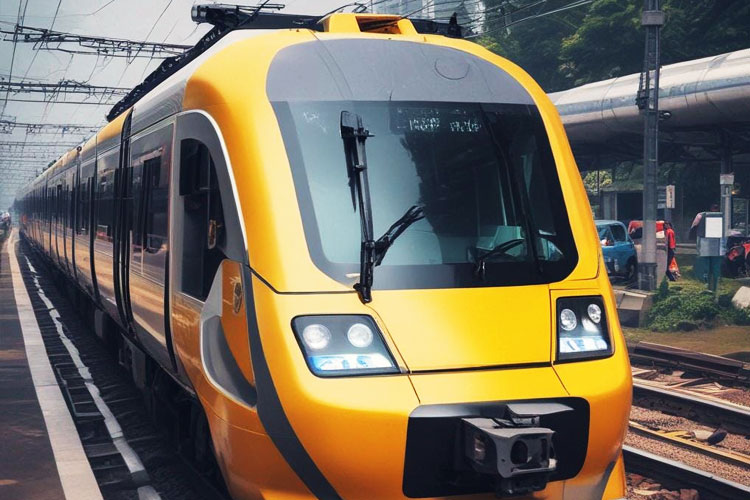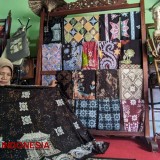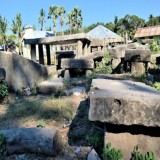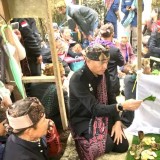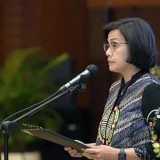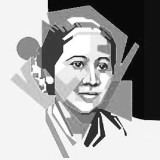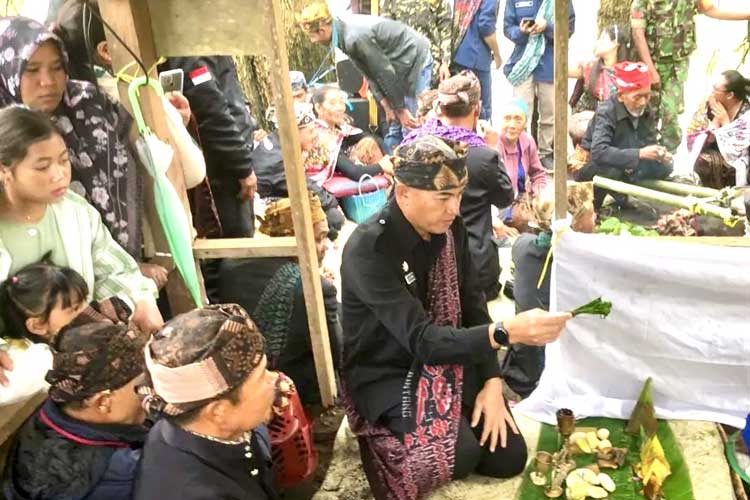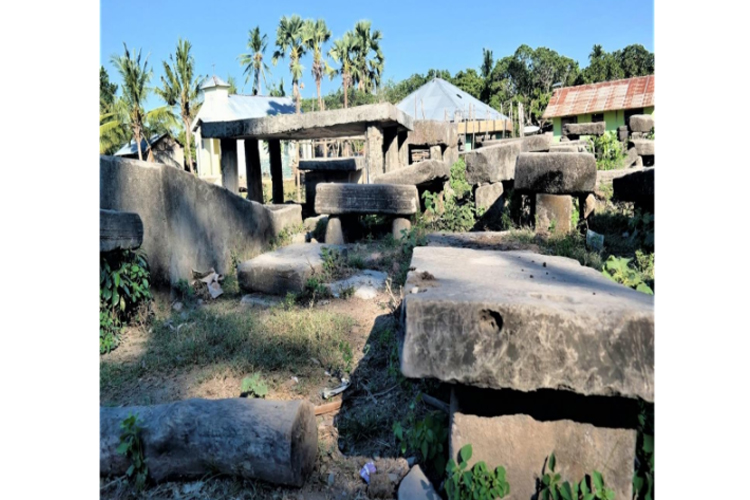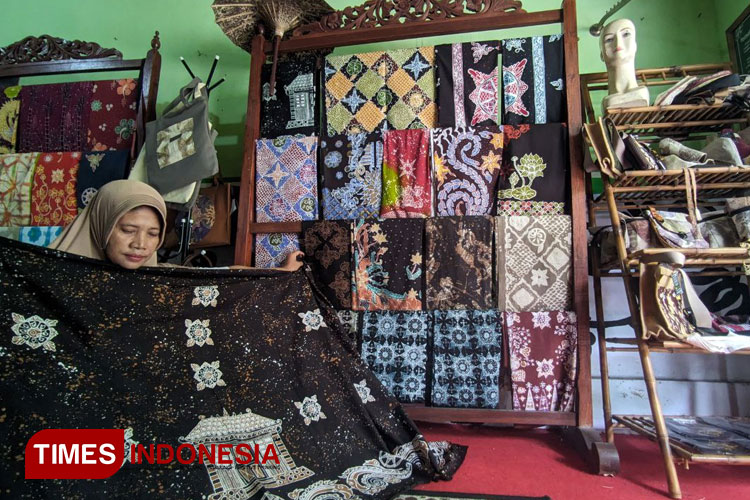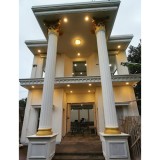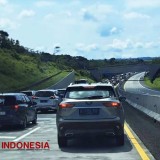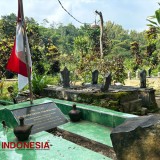TIMES SINGAPORE, JAKARTA – In Indonesia, the annual tradition of "mudik" holds a deeply ingrained cultural significance. The term "mudik" refers to the journey millions of Indonesians embark upon during religious holidays, particularly Eid al-Fitr (Lebaran).
This mass migration sees individuals traveling back to their hometowns or villages to celebrate with family and loved ones. While it is primarily associated with Lebaran, mudik also occurs during other major holidays such as Christmas and New Year.
Origins and Cultural Significance
The roots of mudik tradition can be traced back to Indonesia's diverse cultural tapestry and the strong emphasis placed on family and community ties. Historically, many Indonesians have migrated from rural areas to urban centers in search of better economic opportunities, leading to a significant urbanization trend.
However, despite the geographical distance, individuals maintain strong emotional connections with their hometowns and families left behind.
Mudik is not merely a journey; it's a manifestation of these emotional ties and a reaffirmation of cultural identity. It represents a collective longing to return to one's roots, to reconnect with family, and to partake in traditions that have been passed down through generations.
Preparations and Anticipation
Preparations for mudik typically begin weeks in advance, with individuals making travel arrangements, purchasing tickets, and ensuring that everything is in order for their journey. As the holiday approaches, anticipation and excitement permeate communities across the country. Streets become bustling with activity as people prepare for their departure, and the air is filled with a sense of anticipation and reunion.
For many, mudik is more than just a journey home; it's a pilgrimage of sorts, a spiritual undertaking that holds deep personal and cultural significance. It's a time for reflection, gratitude, and renewal of bonds that transcend distance and time.
Challenges and Traditions
While mudik is a cherished tradition, it is not without its challenges. The sheer volume of travelers often leads to overcrowded transportation hubs and congested roads, resulting in long hours of travel and occasional delays. Despite these obstacles, Indonesians approach mudik with resilience and a spirit of camaraderie, often sharing stories and experiences along the way.
Alongside the challenges, mudik is also a time for the revival of cultural practices and traditions. Families come together to prepare traditional foods, decorate their homes, and participate in communal prayers and festivities. These rituals serve as a reminder of shared heritage and values that have been passed down through generations.
Evolution in the Modern Era
In recent years, the tradition of mudik has evolved in response to changing socio-economic dynamics and technological advancements. Improved infrastructure and transportation networks have made travel more accessible, while digital platforms have facilitated communication and coordination among travelers.
Additionally, the COVID-19 pandemic has prompted adaptations to the mudik tradition, with health and safety protocols being implemented to mitigate the spread of the virus since then till now. Despite these challenges, the spirit of mudik perseveres, demonstrating the resilience of Indonesia's cultural heritage in the face of adversity.
The mudik tradition in Indonesia is more than just a journey; it's a celebration of family, community, and cultural identity. It serves as a poignant reminder of the enduring bonds that connect Indonesians across geographical distances and generations. As the country continues to evolve, mudik remains a cherished tradition, providing a moment of reflection, gratitude, and connection in an increasingly fast-paced world. (*)
Artikel ini sebelumnya sudah tayang di TIMES Indonesia dengan judul: A Closer Look to Mudik Tradition in Indonesia
| Writer | : Khodijah Siti |
| Editor | : Khodijah Siti |
